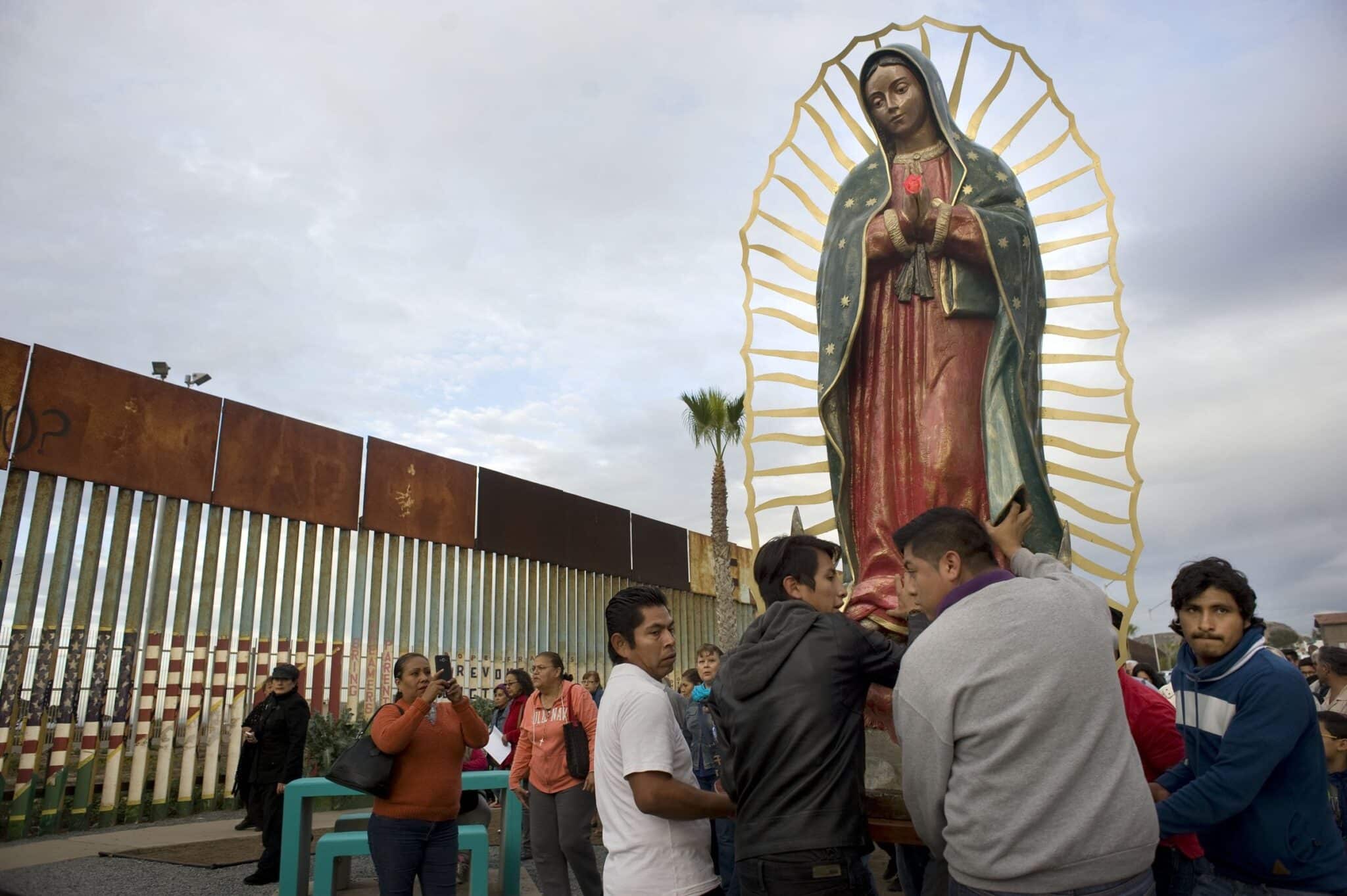What happened to Judas? Is Judas in hell? He despaired. What happens when other people fall into despair and kill themselves?
Concerning the fate of Judas, the following statement appears in Basics of the Faith: A Catholic Catechism, by Alan Schreck (Servant Books): “The Catholic Church teaches that we cannot judge or determine whether any particular person has been condemned to hell, even Hitler or Judas Iscariot. The mercy of God is such that a person can repent even at the point of death and be saved.”
A Scripture professor reminds me that Scripture does not explicitly use the word despair concerning Judas. And other than to define it, not many manuals or catechisms speak much of despair. An American Catechism, edited by George Dyer (Seabury Press), however, says of despair that it seems to be: “Besides a distortion of faith itself, more a psychological and emotional crisis, perhaps generated by past sins, than a mortal sin in itself. Obviously despair is a grievous matter.
“But it is very difficult to conceive how a person who despairs could fulfill in this act the other conditions requisite for mortal sin. It is particularly difficult to believe that a person who despairs does so with full consent of the will or in a radically free act.”
In John 17:12, Jesus prays to God the Father: “While I was with them [his disciples], I protected them in your name that you have given me. I guarded them and not one of them was lost except the one destined to be lost, so that the Scripture might be fulfilled.” Did Judas Iscariot really have a choice?
The language of predestination assumes that God lives in time the same way that we humans do: one moment after another (chronological time). But that forces a human limitation onto God. Doing that is an unintentional but subtle form of idolatry. What if God is present to time immediately and not sequentially? Although Judas was indeed free, he made a very bad choice, but he may have repented before taking his own life.








